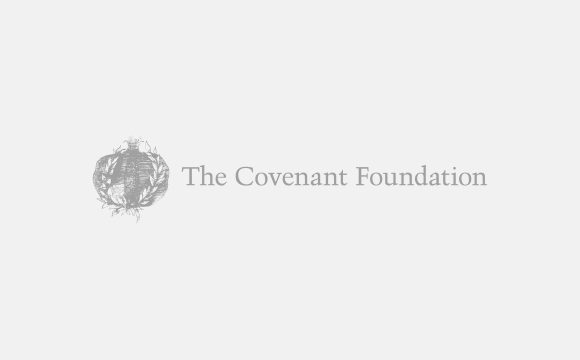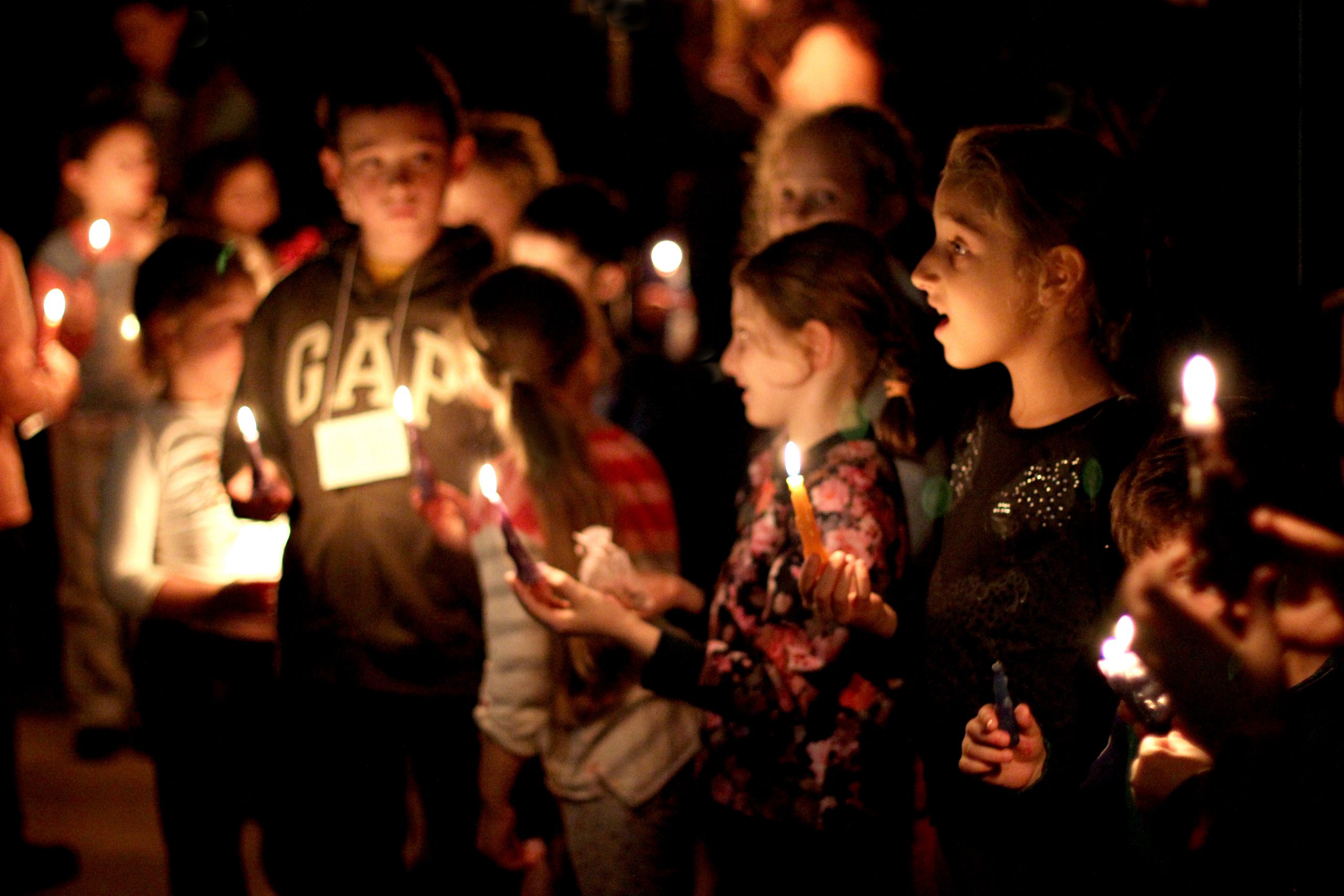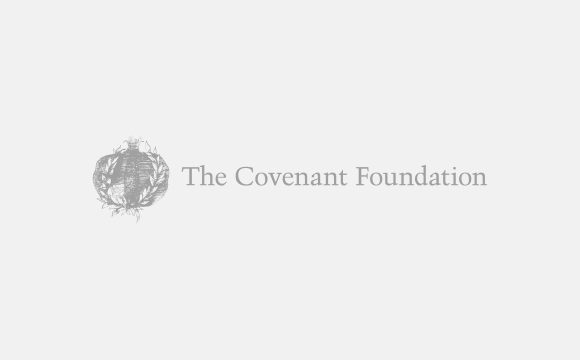An Animated Take on Gratitude
You Can Dance is focused on the notion of gratitude – and the importance and challenge of folding it into one’s perspective on life as directed by Jewish traditions and teachings.
“Everyone knows they should be grateful, and it almost sounds like a cliché,” said Hanan Harchol, a New York-based film and video artist who is the creator of the series. “But Jewish teachings say a lot about gratitude and its connection to our happiness.”
The approximately 10-minute, black-and-white piece, like the others, depicts an Americanized and secular son in conversation and searching debate with his wise kibbutznik father, an Israeli nuclear physicist – exchanges and interactions mirroring Harchol’s own experiences.
And in the true spirit of animation, they are at times funny and exaggerated in mannerisms and tone, but always true to life and provocative.
“The medium is subversive,” Harchol, 41, said in an interview with The Covenant Foundation last year. “When someone watches an animation or cartoon, they tend to let their guard down more, because a drawing is one step removed from reality. The medium allows me to access hearts and minds in a deeper way, which is especially useful when dealing with this rich and meaningful subject matter.”
You Can Dance premiered at the annual conference of Limmud New York in January, and at the San Diego Jewish Film Festival earlier this month, before hitting the Jewish Food for Thought website and going viral on social media sites.
The first two segments debuted during the High Holidays last year. The first, Repair, delves into teshuvah, the Jewish imperative and framework for fixing one’s relationship with others and oneself. Landlord, presents the Jewish perspective on giving and receiving forgiveness.
When the series is complete, it will include approximately ten similarly styled animations presenting the Jewish angle on fear, love, humility, and other themes.
The objective, Harchol said, is to push Jewish teachings and perspectives on such issues in a very populist way, appealing to Jews across the spectrum of observance and educational settings and helping viewers apply Jewish thought to everyday life.
Created with funds granted by The Covenant Foundation and fiscal sponsorship from the Foundation for Jewish Culture, Jewish Food for Thought includes study guides – authored by Rabbi Leora Kaye, Program Director at Congregation Rodeph Sholom in New York City – anchored to each segment and usable in formal and informal settings.



